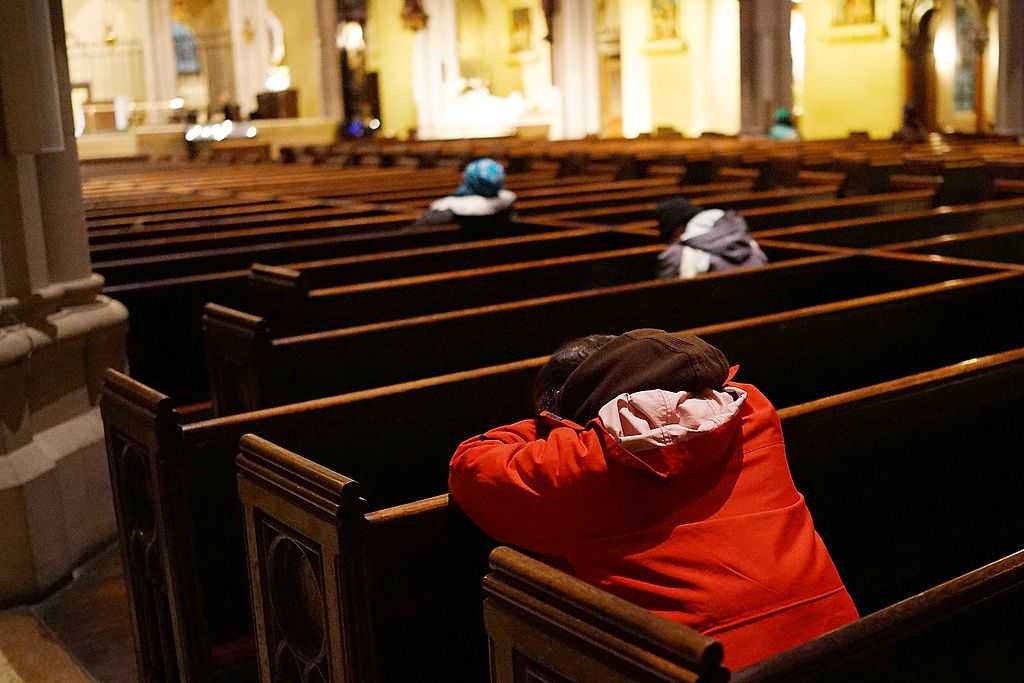A college professor and researcher has found that “Republicans have starkly lower rates of infidelity” than their Democratic and independent peers — a difference that he’s attributing, in part, to higher church attendance.
Nicholas H. Wolfinger, professor of family and consumer studies and adjunct professor of sociology at the University of Utah in Salt Lake City recently penned a piece for pro-family think tank, the Institute for Family Studies, in which he explains his recent research on the potential impact that political worldview can have on sexual behavior.
“Our two parties offer divergent views about the role of sex in American society,” Wolfinger writes. “Does this translate into different sexual behavior for Democrats and Republicans?”
The professor goes on to explain that his own curiosities surrounding this issue led him to embark on an informational exploration using 25 years of survey data taken from the General Social Survey, a reliable dataset that allows researchers to assess a wide swath of Americans’ behaviors and beliefs.
From there, he took a key question into account: “About how often did you have sex during the last 12 months?” Here’s what Wolfinger found when started exploring political proclivities and peoples’ responses to this question:
Republicans have more sex than Democrats and cheat less on their spouses. Political independents have sex even more often than Republicans but cheat at the same rate Democrats do. Republican sexual frequency is entirely explained by the fact that they’re more likely to be married than are Democrats. On the other hand, there’s no obvious explanation for the partisan difference in adultery.
Wolfinger says independents are about 22 percent and Republicans are about 11 percent more likely to have sex each week than are Democrats. But perhaps the most intriguing results come when the professor dives into his analysis on infidelity, finding that Republicans are noticeably and significantly different from their Democratic and independent peers.
According to Wolfinger, “Republicans have starkly lower rates of infidelity,” with 23 percent lower odds of cheating on a spouse than Democrats; it’s practically the same when it comes to the comparison between GOP members and independents.
So, what accounts for the difference? Marital status and church attendance.
While it’s obvious that one’s current marital status at the time of polling (i.e. the chances one has of having been in an adulterous union) could impact marital bliss, church attendance is a truly fascinating factor.
“Given the strong association between marital status and party identification, it’s not surprising that current marital status can help explain the association between political beliefs and being in or having been in an adulterous union,” Wolfinger writes, going on to break down the religious factor. “Church attendance also has predictable effects on the relationship between adultery and party ID. Republicans go to church more, and churchgoers cheat less.”
The professor does caution that Republicans could simply be the most likely of the political bunch to lie about adultery, though he seems to be offering that up in an effort to cover all of his research bases. Wolfinger notes that more research could be done to assess that possibility.
Read his piece in its entirety here.



